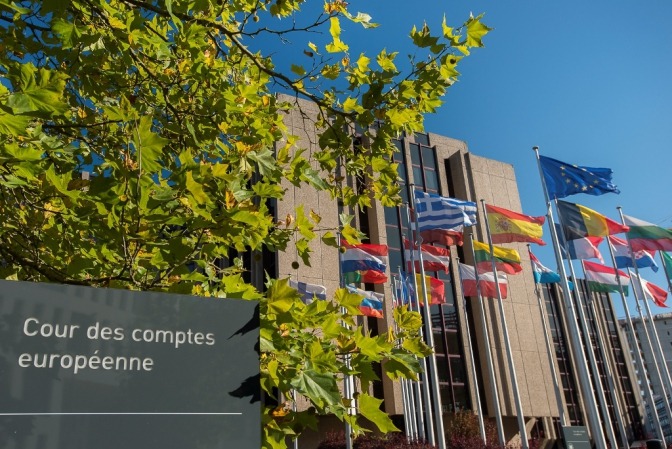The European Court of Auditors (EAC) criticized on Tuesday the way in which EU funding is channelled through NGOs (Non-Governmental Organisations). The current system of classifying organisations as NGOs is not reliable, warn the auditors, and the European Commission does not have sufficiently detailed information on how the money is spent. There is a similar lack of clarity when EU money is paid to NGOs indirectly through United Nations bodies.
NGOs help the European Commission to design, implement and monitor EU programmes in many policy areas, such as humanitarian and development aid, the environment, and research and innovation. Between 2014 and 2017, the Commission planned an estimated €11.3 billion of spending for use by NGOs.
The auditors examined the Commission’s identification of NGOs, the use of EU funds by NGOs and whether the Commission disclosed this information in a transparent manner. They focused in particular on external action.
While the selection of NGO-led projects is generally transparent, different Commission departments do not manage grants awarded by third parties in the same way, and the selection process for NGOs among the UN bodies audited is not always transparent.
The data collected on EU funds used by NGOs is not uniform, say the auditors, and the Commission does not have comprehensive information, particularly with networks of international NGOs and projects under indirect management. Furthermore, in indirect management, the lack of information available hinders checks on costs.
“The EU is the world’s biggest aid donor and NGOs often play an essential role in delivering that aid. But EU taxpayers need to know that their money is being paid over to properly defined organisations and that the Commission will have to account for it fully,” said Annemie Turtelboom, the ECA Member responsible for the report, at a press briefing (17 December).
A source in ECA told The Brussels Times that in the area of programs for Competitiveness for Growth and Jobs the largest beneficiaries labelled as NGOs are mainly research institutes and universities, including a cooperative society, but these types of entities cannot always be considered as NGOs
| Definition of NGO While the term NGO is widely used, it has no generally accepted definition at international level. Within the EU, NGO status is determined in some Members States by an organisation’s legal form, while in others it depends on the nature of the activities carried out. A 1997 European Commission communication identified five characteristics of NGOs. They are: 1. Voluntary organisations with a formal or institutional existence |

